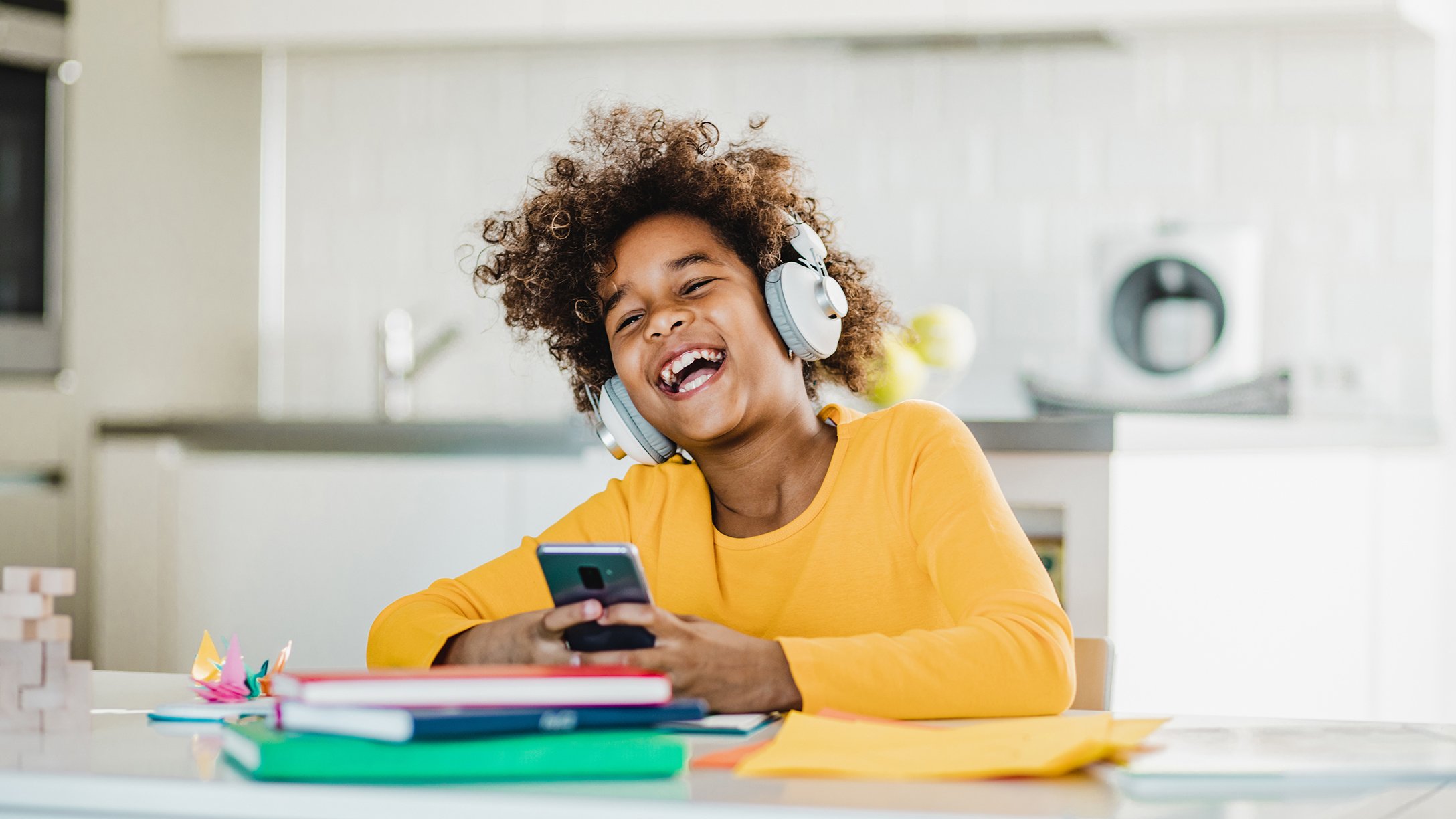
There are a lot of unknowns going into the new school year. Will my child actually learn anything? Will I be able to help with those damn math questions? Will we be at home together FOREVER? But here is what I know for sure: School has never been just about academics. Historically, while our children have been out of the house for a glorious six to seven hours a day, they’ve been learning how to be, well, people who can function in a world where they don’t always get their way.
Navigating group science projects, playground politics, and lunchroom table interplay surreptitiously teaches them about negotiation, compromise, and even regulating complex emotions like anger and frustration. Of course, parents play a part in this emotional development, too. I’d like to think I’ve instilled some values in my children in between the times I’m grousing about abandoned chores or lamp-breaking cage matches. “Don’t overreact.” “No, Oscar is not your mortal enemy. Just talk to him.” “Share your toys.” “Don’t bottle things up.” “Be kind.” “Be honest.” “Lead. Don’t follow.”
School, however, is where they put this burgeoning skill set to the test. So, what happens when the concept of school as we know it evaporates? Even those who will have in-person classes won’t enjoy the same type of interaction. The “six feet apart” rule isn’t flexible for recess, gym class, or afterschool activities. How will they learn to be fun, engaging, decent people? The question plagued me as weeks of social distancing turned into months. My incredibly social kids seemed so lost and unsteady without their usual calendar of clubs, sports, music classes, and play dates.
Our kids have been learning how to be, well, people who can function in a world where they don’t always get their way.
I became obsessed with filling that void. In my manic search last spring, I found Messenger Kids, an app from Facebook that allowed them to both text and chat with friends and family. But here’s why I loved it: I had complete control over it. The app has to be set up by a parent, I could add or remove the contacts, set time limits, and download all communication. Here’s what my kids liked: They could reach out to their friends when they wanted, share photos with cool filters, send stickers, play games and have virtual playdates. This was the very first pivotal step in helping them feel not so alone. It helped them feel connected.
I was such a fan that Messenger Kids asked me to partner with them to create digital guides for parents who are struggling like I once did. I tried to address all those things that are so confounding about this new normal: what kinds of activities to play during a virtual playdate, how to get a shy kid to participate, how to teach our kids to be safe and responsible while interacting online.
My quest didn’t end there. Like a lot of parents, I eased up on our household’s gaming restrictions, too. That meant my oldest has been logging far too many hours battling his buds on his Nintendo Switch and on Minecraft. His buds even get on a chat while they are playing so they can talk strategy. He also goes to Chess.com to play virtual matches with kids all over the country. My youngest, on the verge of the fearsome fours, got a kick out of Caribou. He could play tic-tac-toe with Grammy and read Thomas the Train with Abuela.
Though, I’d be lying if I said finding a social outlet was only for my kids. Messenger Rooms became my go-to spot to hang out with friends for a midweek cocktail hour or college roomie catch-up. I loved that there were no time limits, and I could add up to 50 people. The absolute best part is that I can blur my background so that no one sees my toy- and wrapper-strewn house. And despite being mostly at home, my husband and I found a cool way to double-date virtually with Jackbox Games, a really fun collection of party games where up to eight people can play together remotely. Mix in a nice cabernet and a competitive spirit and it almost feels like a normal, pre-pandemic night out.
The most important lesson I’ve learned in all of this is that my entire family needs a social outlet. It has decreased our restlessness and anxiety, and made this way of living a hell of a lot more tolerable. No matter what is happening, we make time to connect — with each other and our dearly missed village of friends.







